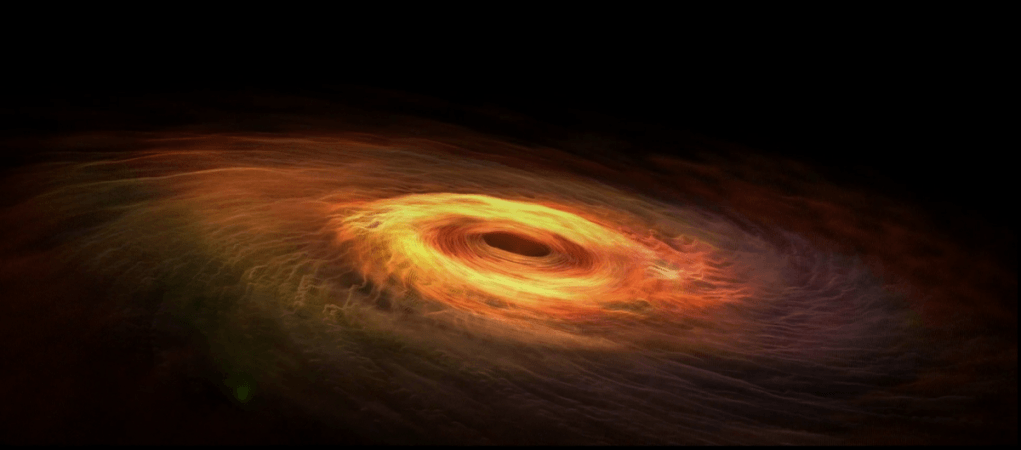
Scientists like Stephen Hawking had long tried to solve the mysteries behind black holes, but until now, no expert has successfully cracked the reality behind these dark entities in the universe. However, a black hole collision which happened nine million light years away from the earth could shed light on the nature of this space wells.
The black hole collision which apparently happened on July 29, 2017, was so powerful that ripples were felt even back on earth. The team of Australian scientists who conducted the study analyzed the data collected by the US-based Advanced Laser Interferometer Gravitational-wave Observatory also revealed that this merger is the fastest ever black hole collision recorded so far.
"This event also had black holes spinning the fastest of all mergers observed so far. It is also by far the most distant merger observed," said Susan Scott of the Australian National University Phys.org reports.
The newly formed black hole after the collision is estimated to be about 80 times larger than the sun.
Even though legendary scientist Albert Einstein predicted the possibility of gravitational waves a century ago, scientists were able to detect these waves just a couple of years back. Scientists often describe gravitational waves as tiny ripples or shockwaves in space-time.
Apart from the gigantic collision, scientists also detected three more black hole collisions in August 2017. Experts believe that these black hole collision detections will broaden human understanding about binary black hole systems in the universe.
"These were from four different binary black hole systems smashing together and radiating strong gravitational waves out into space. These detections of black-hole collisions greatly improve our understanding of how many binary black hole systems there are in the universe, as well as the range of their masses and how fast the black holes spin during a merger," added Scott.
Even though the newly formed black hole is 80 times bigger than the sun, some of the supermassive black holes in the universe are speculated to be billion times larger than our star.
In the meantime, some doomsday mongers believe that these gigantic black hole collisions could bring about devastating effects on the earth. As per these doomsday believers, black hole collisions very near to the solar system may trigger natural disasters as the giant ripples traverse through the earth.
However, there is no scientific evidence behind the claims made by these apocalypse believers. Instead, these space events will actually help humans to understand more about the dark secrets of the universe.

















